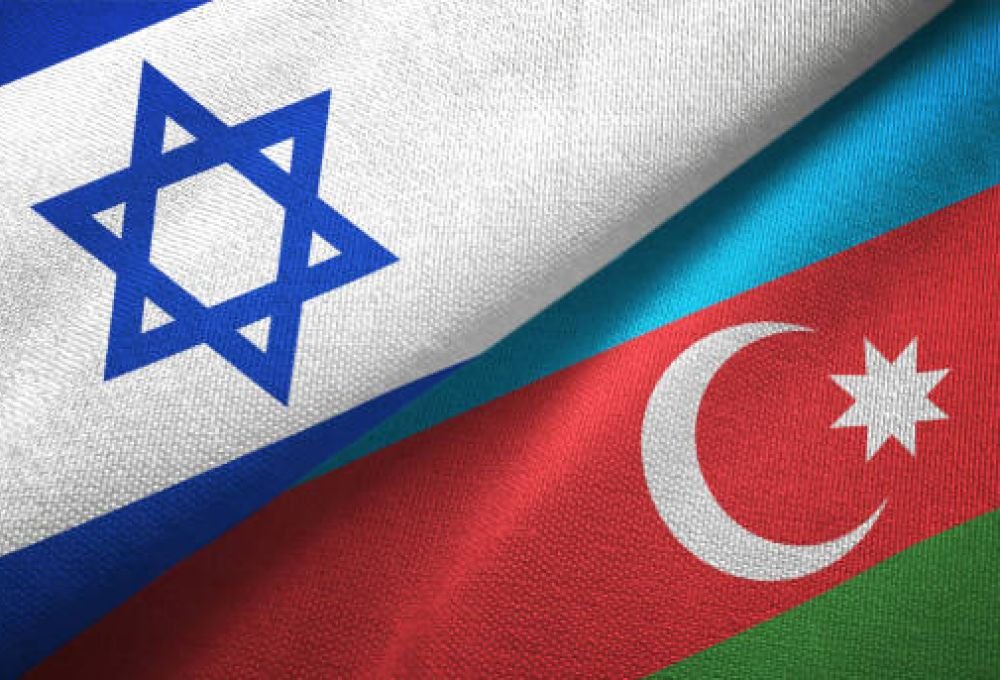Azerbaijan as Israel’s Closest Muslim Ally
A short video recently circulated by The Economist highlights Azerbaijan—a secular Muslim-majority country—as one of Israel’s closest allies in the Islamic world.
View this post on Instagram
Stay Ahead with Azerbaijan.usGet exclusive translations, top stories, and analysis — straight to your inbox.
Here’s why this relationship is both strategically and diplomatically significant:
Historic Diplomatic Ties
Azerbaijan and Israel established relations in 1992, shortly after Azerbaijan’s independence.
Azerbaijan is among the few majority-Muslim countries to maintain robust diplomatic, security, and trade relations with Israel.
Strategic Cooperation
Azerbaijan has become a key energy supplier to Israel, historically covering up to 60% of its fuel needs.
In defense and intelligence, the partnership is deep: Israel has supplied Azerbaijan with advanced military technology and drone systems.
Uniquely Positioned
Unlike many Muslim-majority nations, Azerbaijan continued its strategic cooperation with Israel throughout the Gaza conflict, demonstrating an independent foreign policy.
The country is viewed by many analysts as possibly the most aligned Muslim country with Israel, even compared to Abraham Accord signatories.
Potential Expansion of the Abraham Accords
Reports suggest that former President Trump’s administration explored extending the Abraham Accords to include Azerbaijan, recognizing its alignment with Western strategic interests.
Why the Close Ties Matter
Azerbaijan’s unique geopolitical location—bordering Iran, lying in the Caucasus, and straddling east–west corridors—makes it geopolitically important. Its secular governance, stable internal environment, and willingness to balance ties with regional powers like Turkey and Israel make it an unconventional yet vital partner.
Bottom Line
The Economist’s video sheds light on a longstanding yet underappreciated alliance: Azerbaijan is Israel’s closest and most reliable partner in the Muslim world, anchored by shared strategic interests, sustained economic and defense cooperation, and resilient state-to-state relations.


